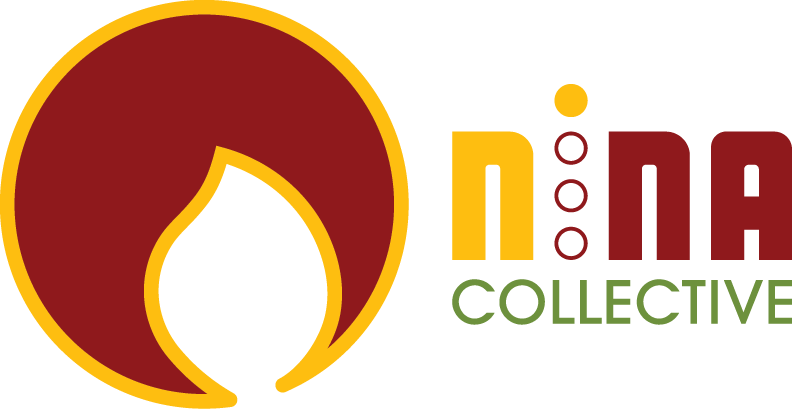White supremacy doesn’t skip you because you’re woke 🤷🏼♂️
This year, as we are reflecting on Black History month, we are thinking about what it really means for white people to listen to and center Black women. What would be different if we not only listened to Black women, but if we let ourselves be moved and transformed by what we heard?
This is on our minds because lately we keep witnessing and experiencing Black women being criticized, verbally attacked, and brought down by people who actually share the same end goals. This does nothing other than make hard work harder and keep the inequitable system running.
Here’s the thing, we (white people) can amass a huge amount of knowledge about racism and a righteous commitment to racial justice, and still cause harm every day. Woke white people coming into multiracial spaces, both physical and virtual, and perpetuating ways of white dominance is very real.
It is beyond us how a white person could come into a multiracial space and speak over or dress down a person of color or accuse them of being complicit in a racist institution. And yet it happens all the time in our progressive city. It’s easy. It’s lazy. White folks are more willing to harm a BIPOC or other marginalized person for the sake of seeming woke than to actually listen and do the work of building alliances.
We can hold each other and our institutions accountable while still honoring each other’s humanity. Identifying as progressive, or a community organizer, or being affiliated with a BIPOC-led group does not for one second give you permission to undermine the leadership of BIPOC community members. I don’t care how woke you think you are, to be white and in the movement for Black lives is to be constantly checking oneself.
We all have to decide how to show up in the movement and whether we can be most effective on the inside or outside of institutions. But know this: if people with the experiences, analysis, and skills to do anti-racism work are driven out or silenced, we’ll be left with ineffectual organizations and movements that simply do more harm. So, white folks, these are some of the questions we need to be asking ourselves in 2021:
Do my words and actions show that I trust the people who are closest to the pain of racial inequity to make decisions on behalf of their communities?
Am I willing to be quiet and listen even when I think there is a better way?
Why am I here? Why am I talking? What am I really trying to accomplish?
Our responses to these questions tell us everything about our work ahead. Because if the answers don't center freedom and liberation of BIPOC folks and for all of us, then we need to get really quiet, reflect, and do our own work. When the answer to the questions are yes, then we get to work in solidarity, with accountability, for justice.
This post was written by Jordan Bingham with support from Colleen Butler. Jordan and Colleen are both directors of the nINA Collective, and they both identify as progressive white women trying to build a Madison that is as good for BIPOC kids as it is for ours.
